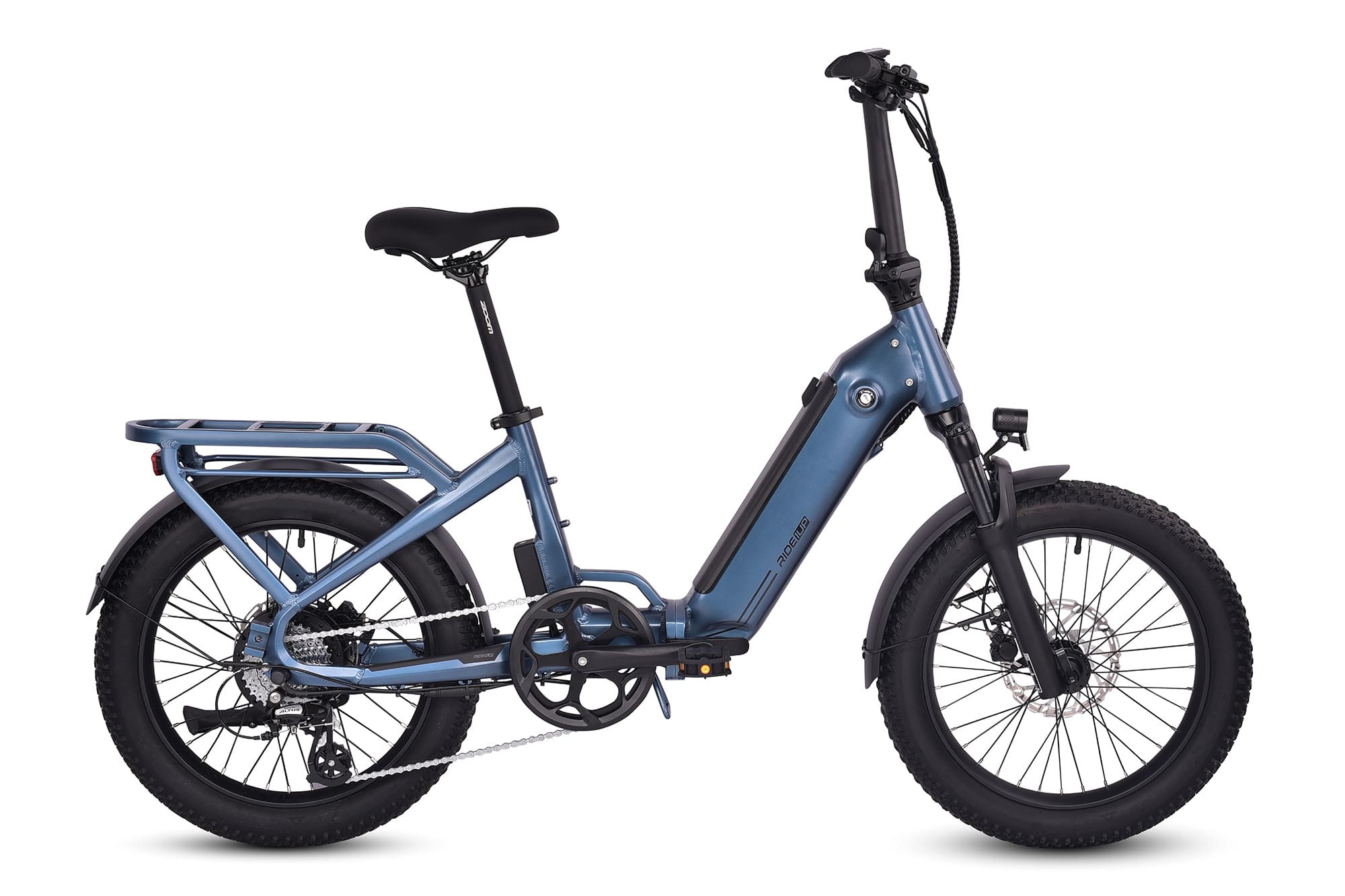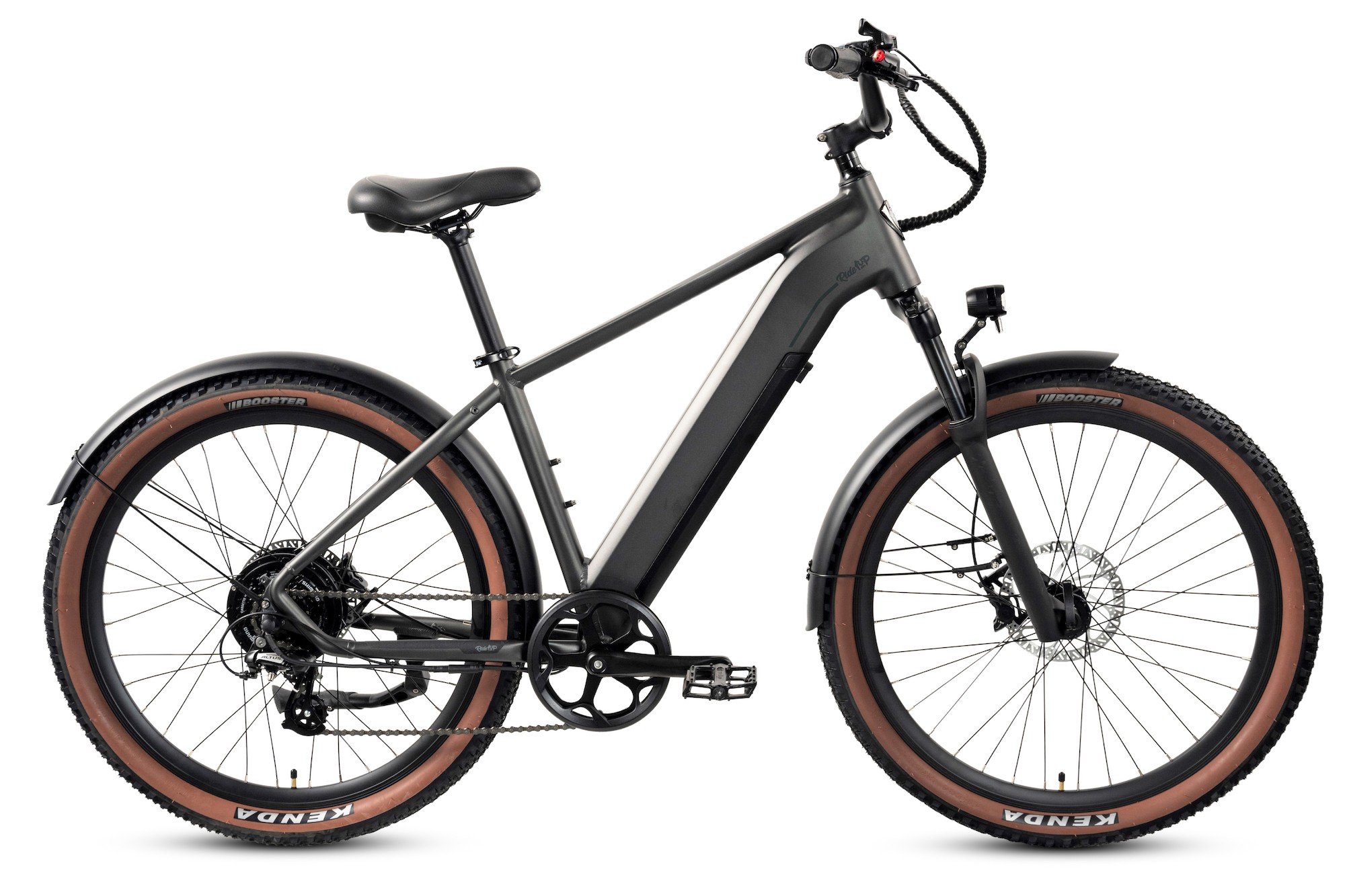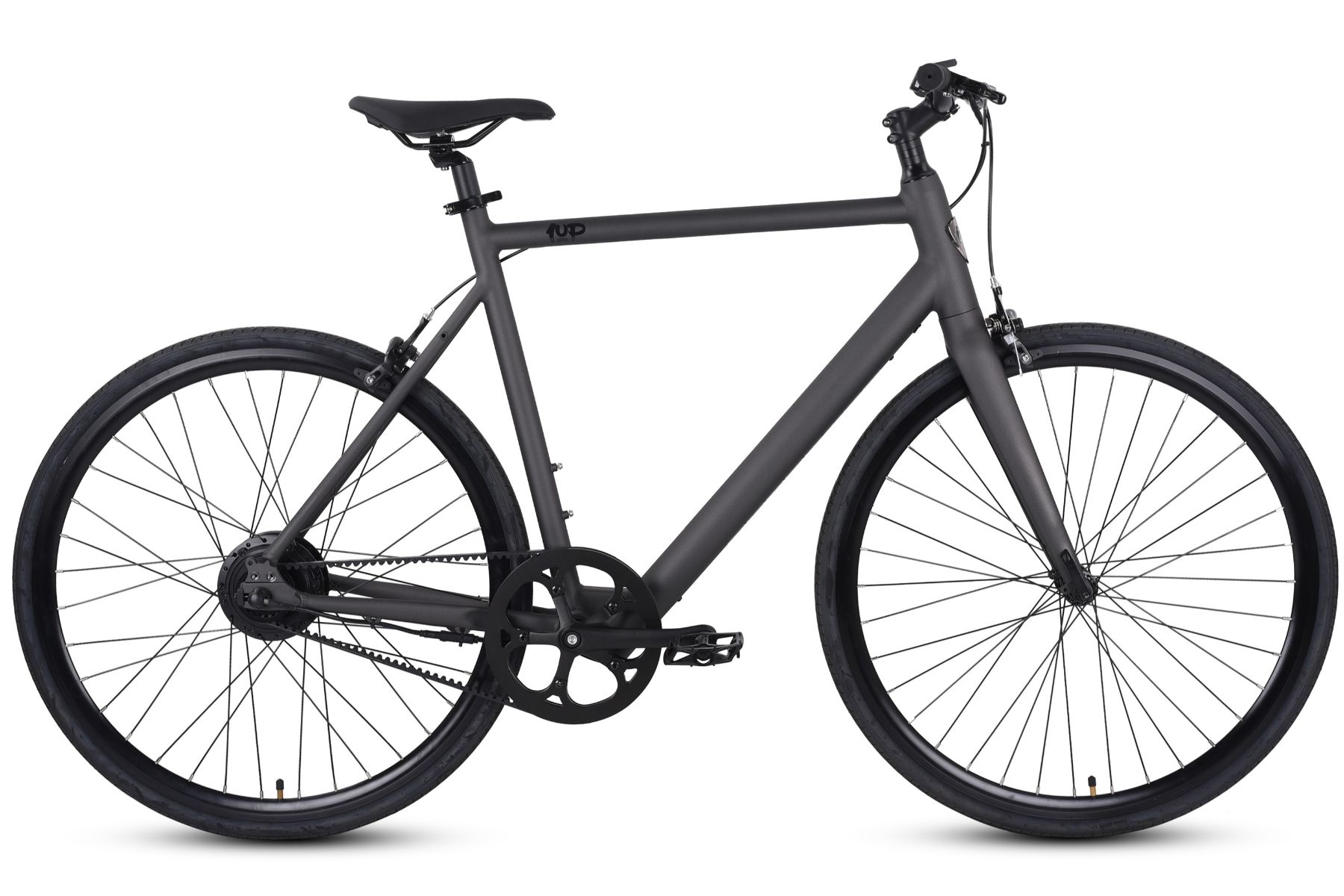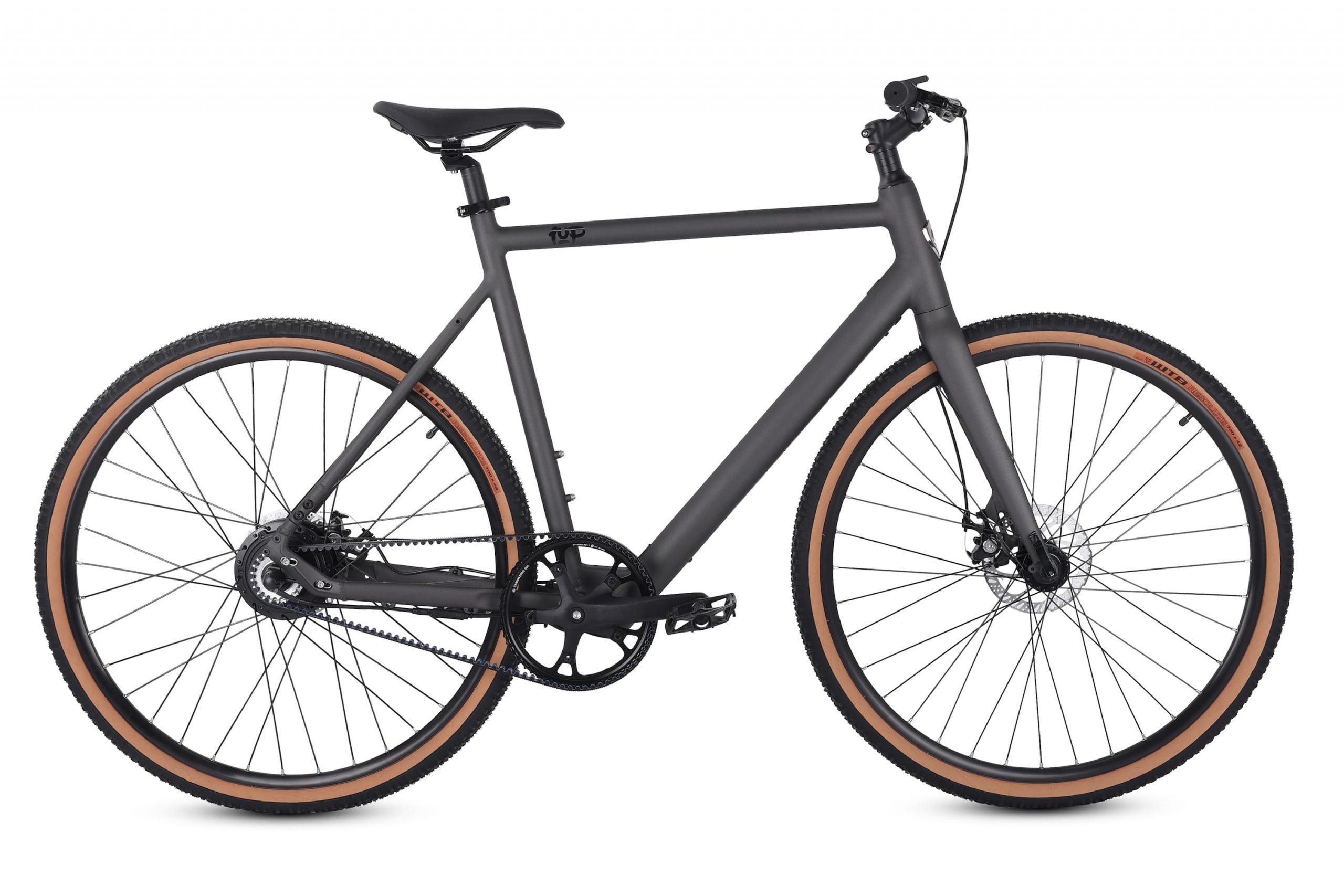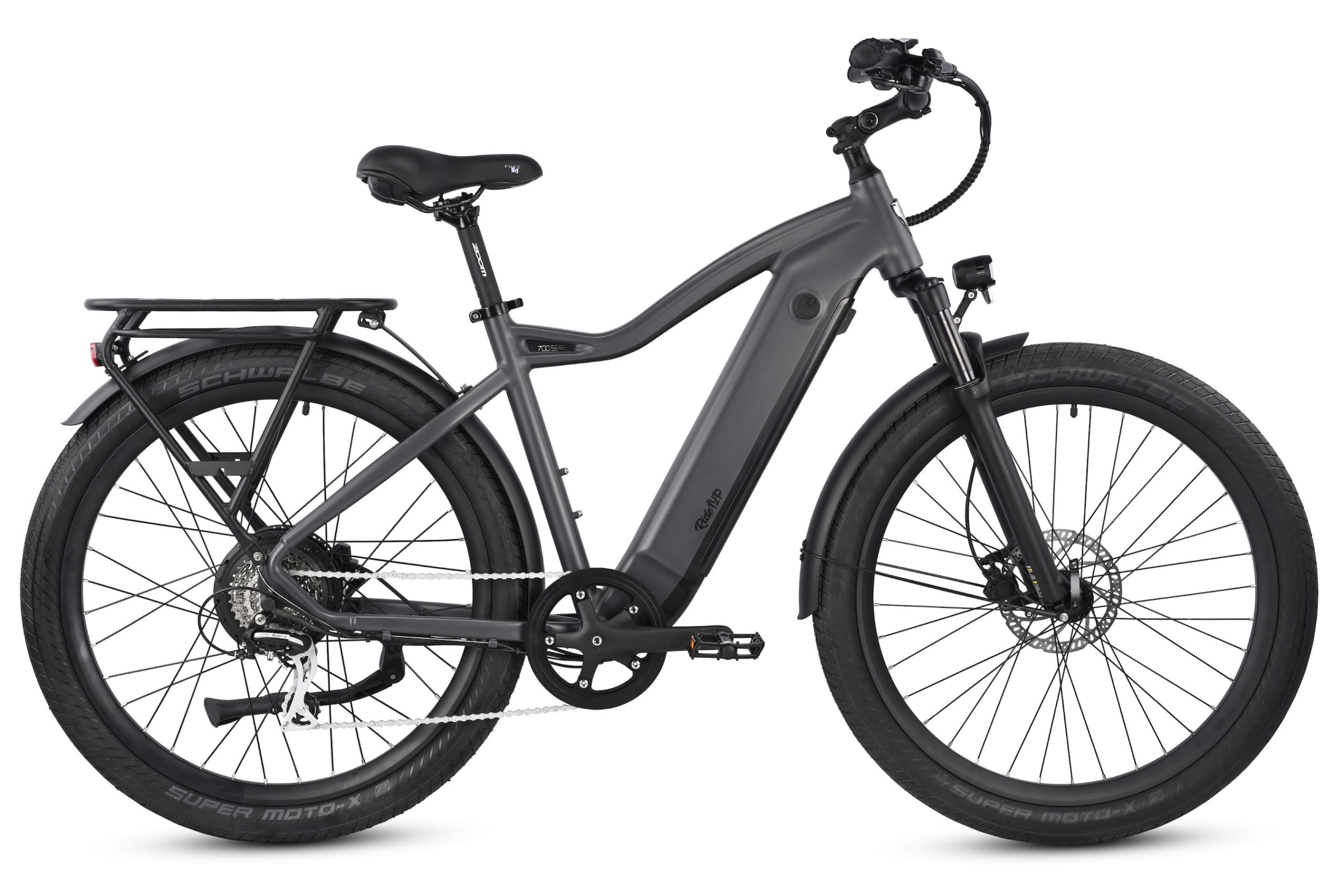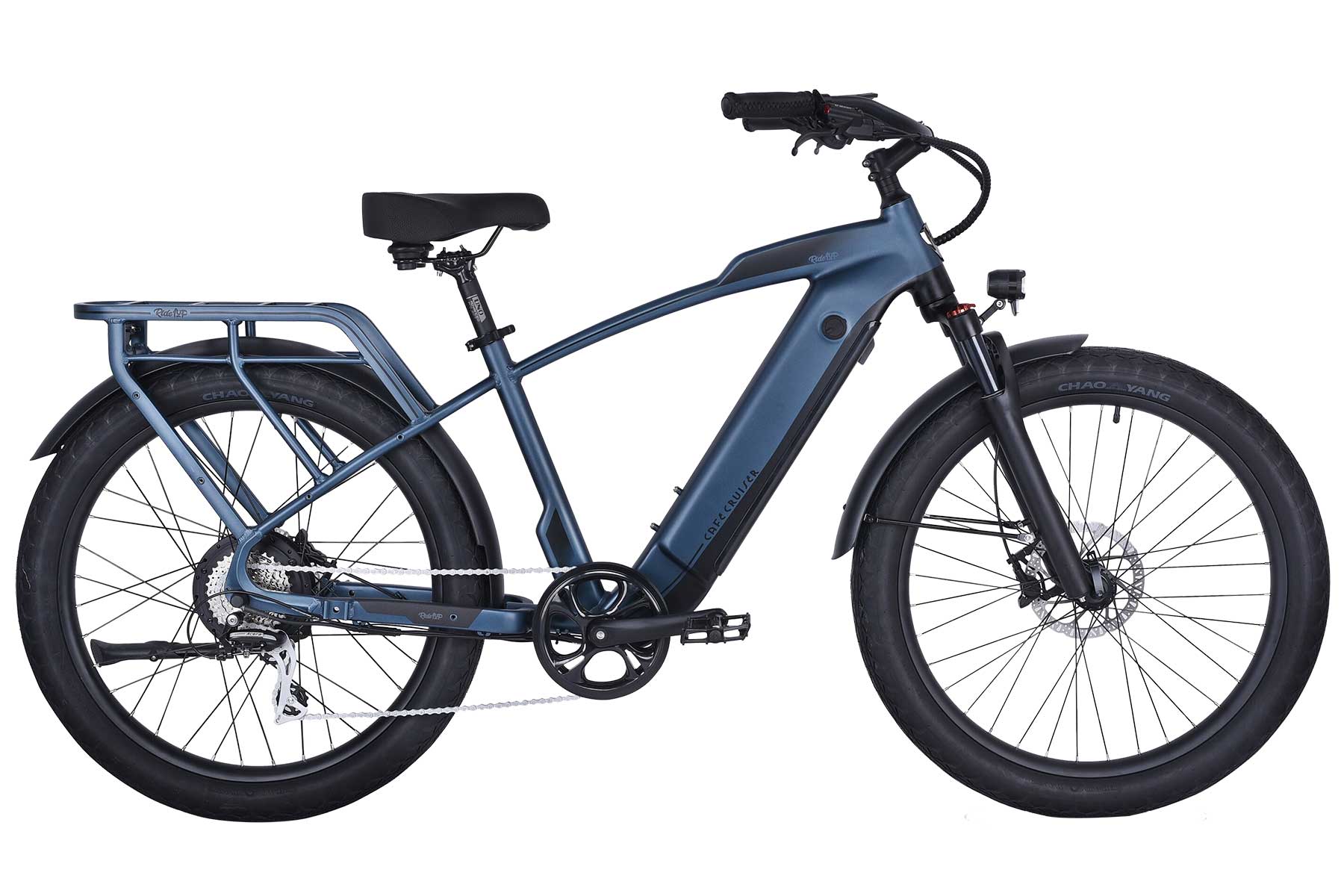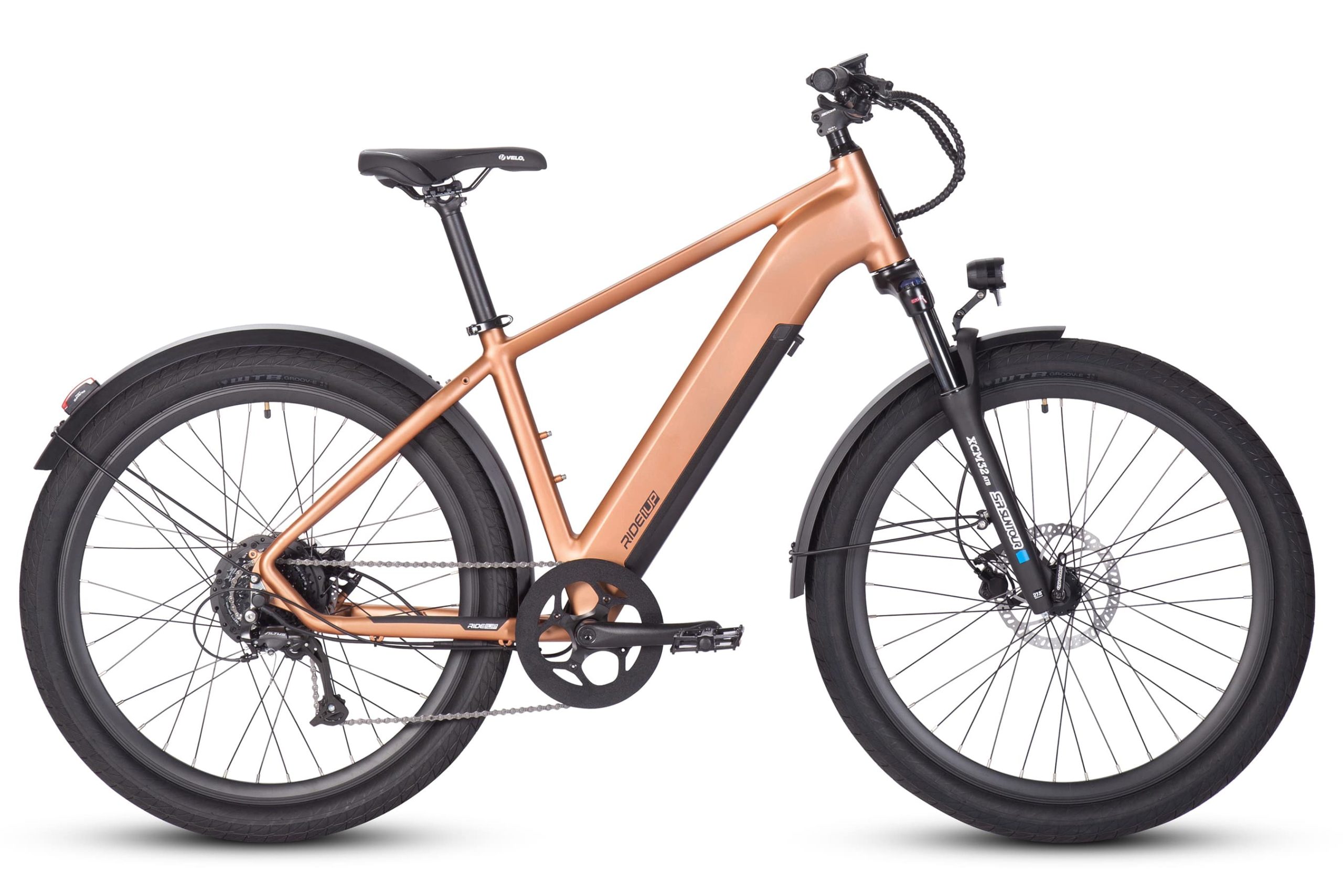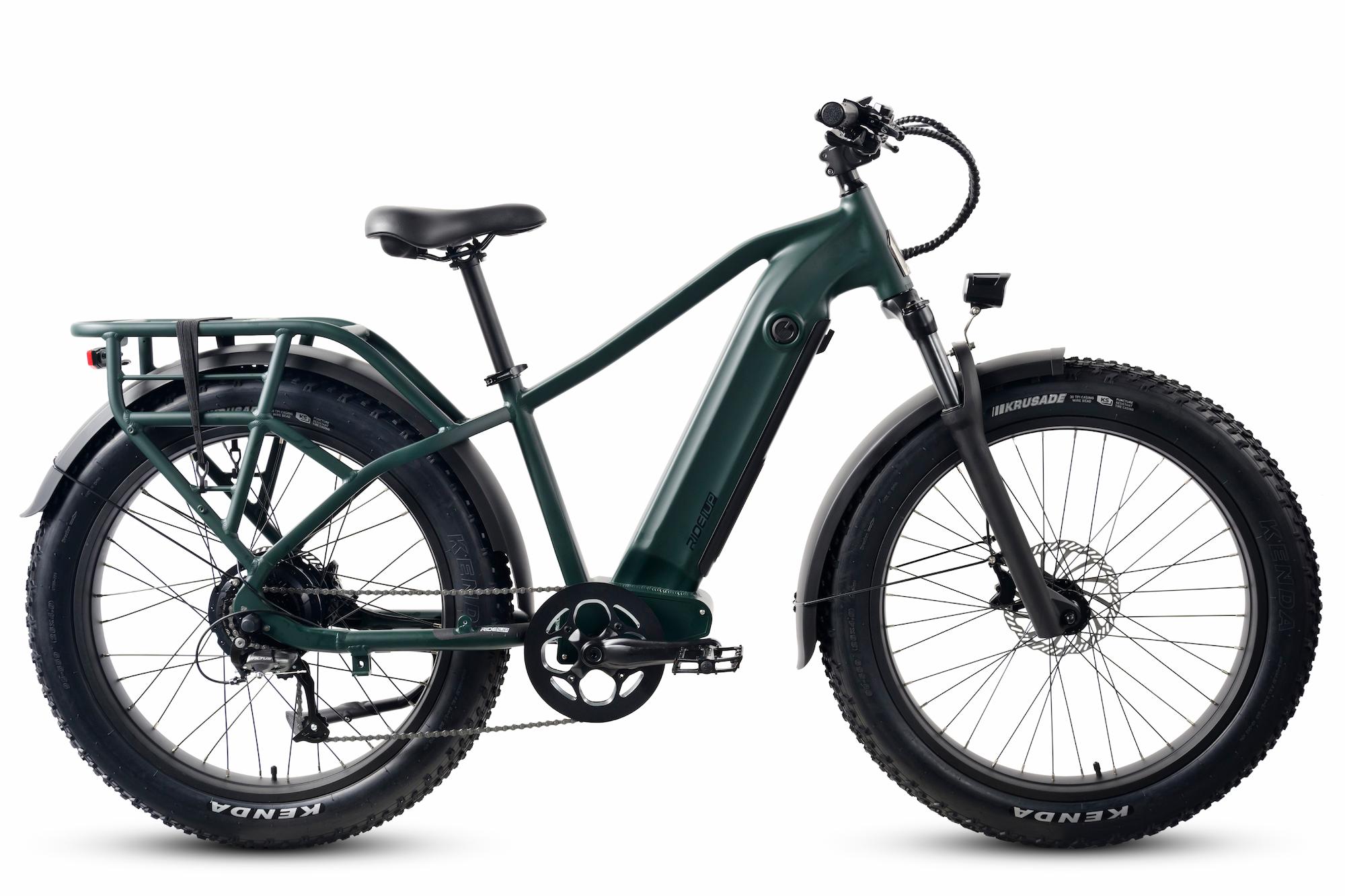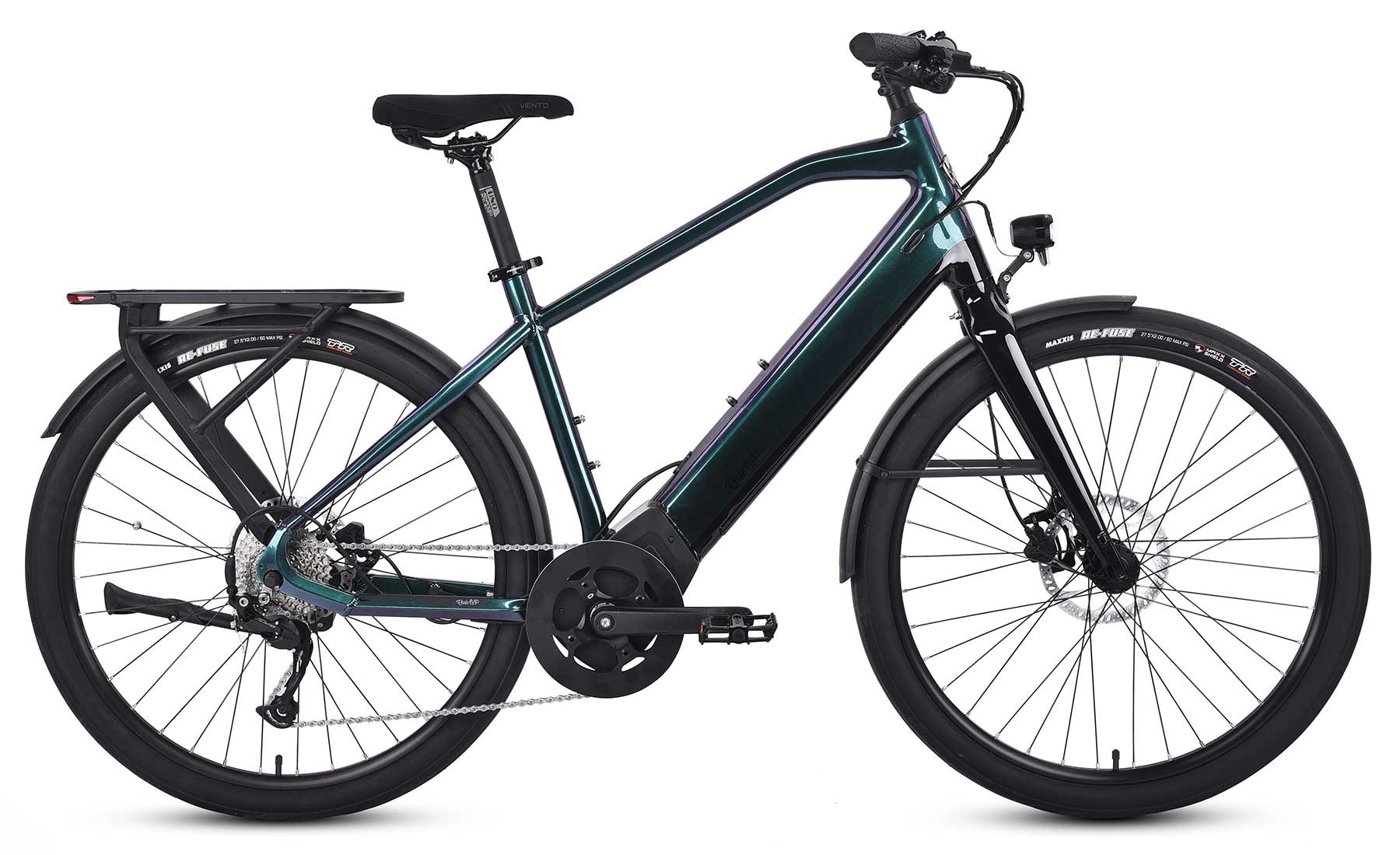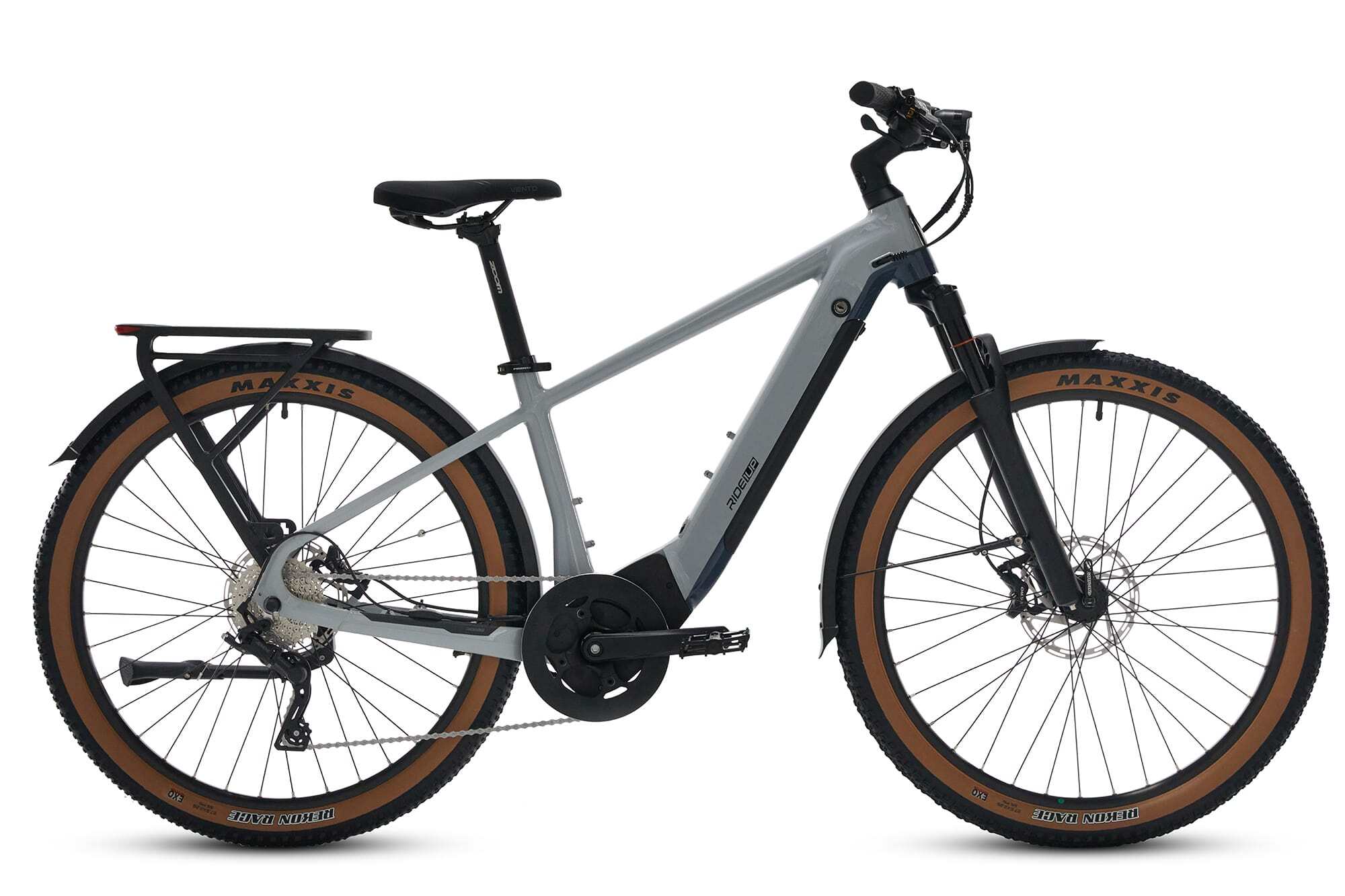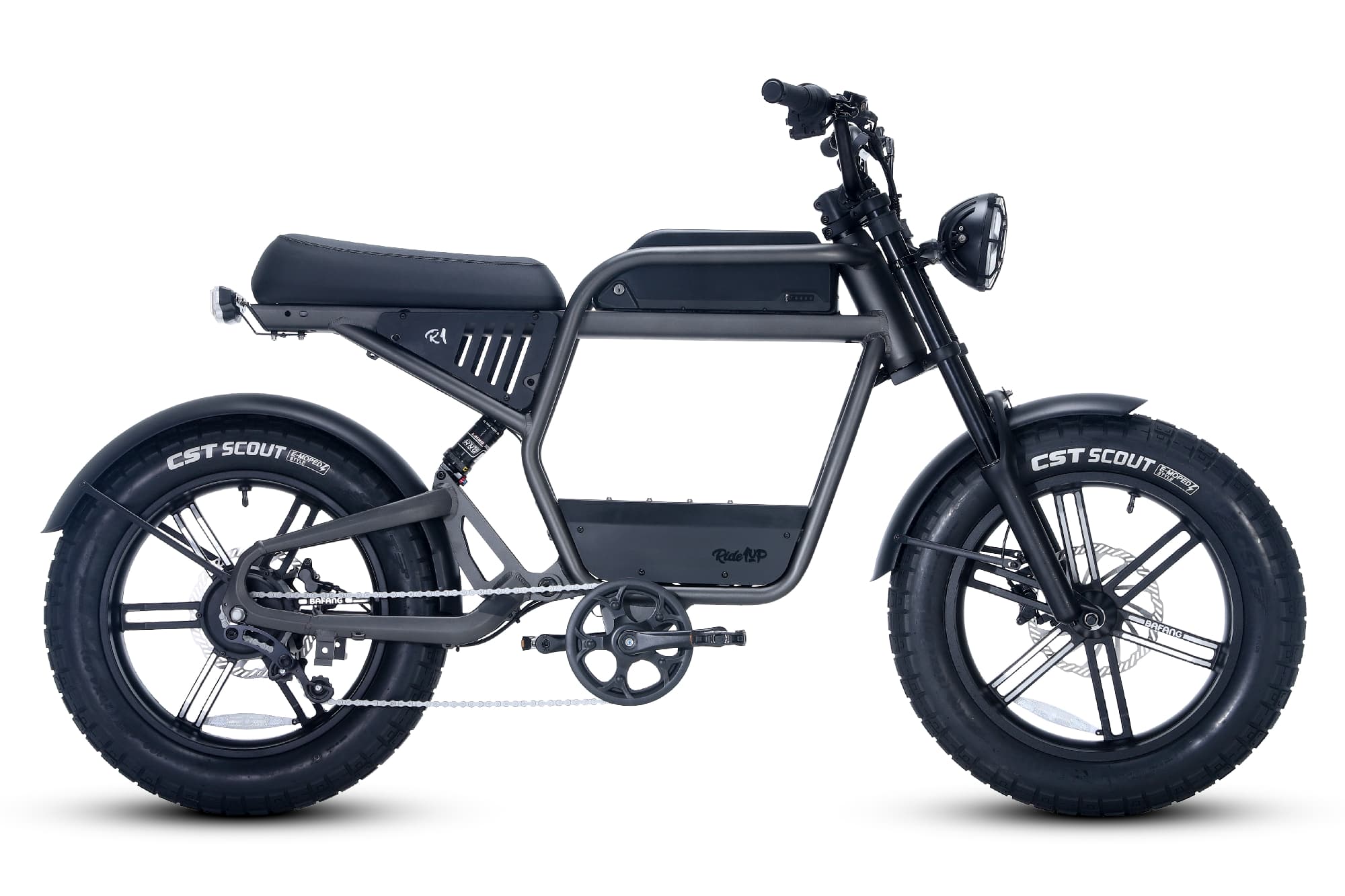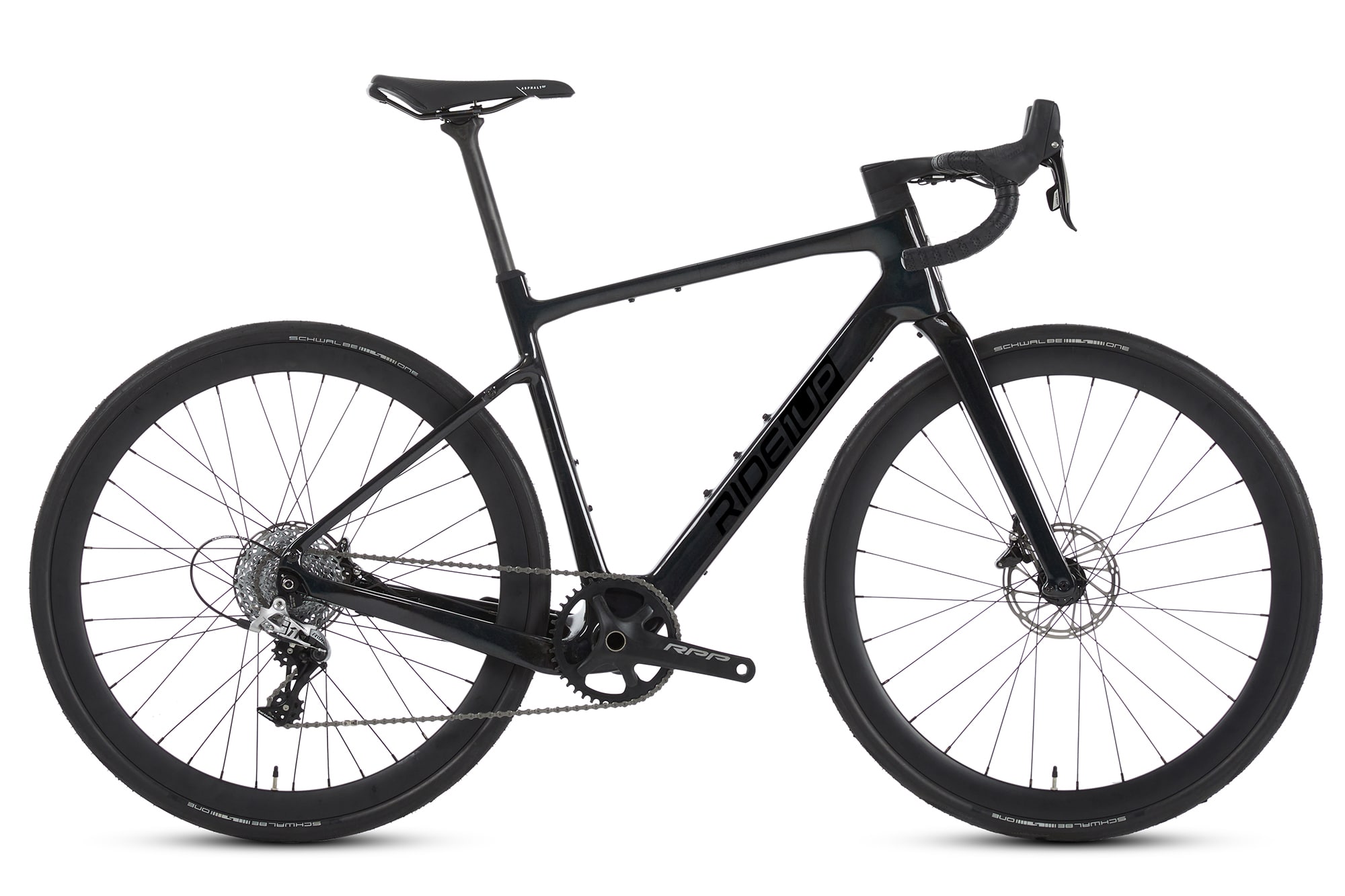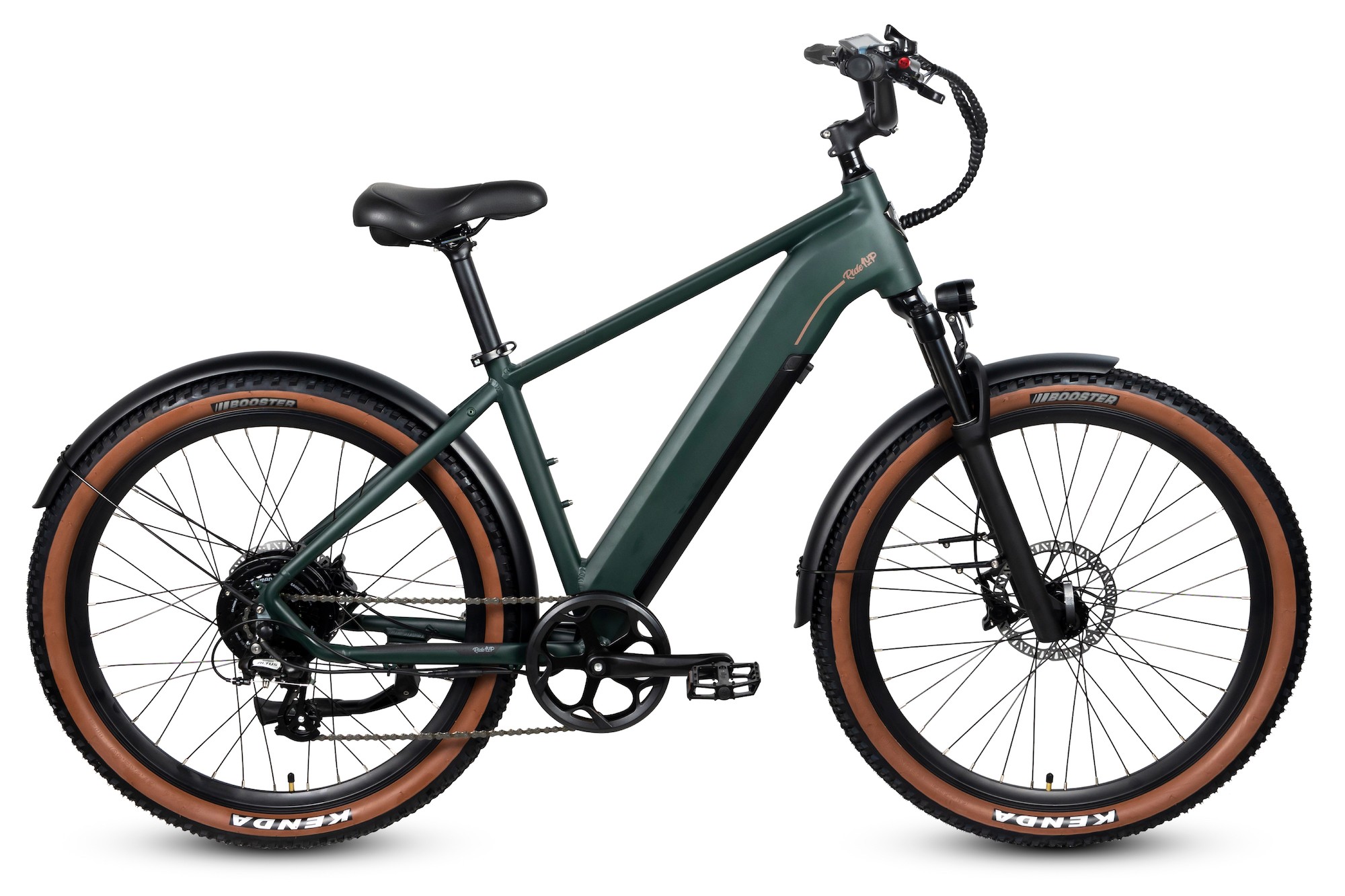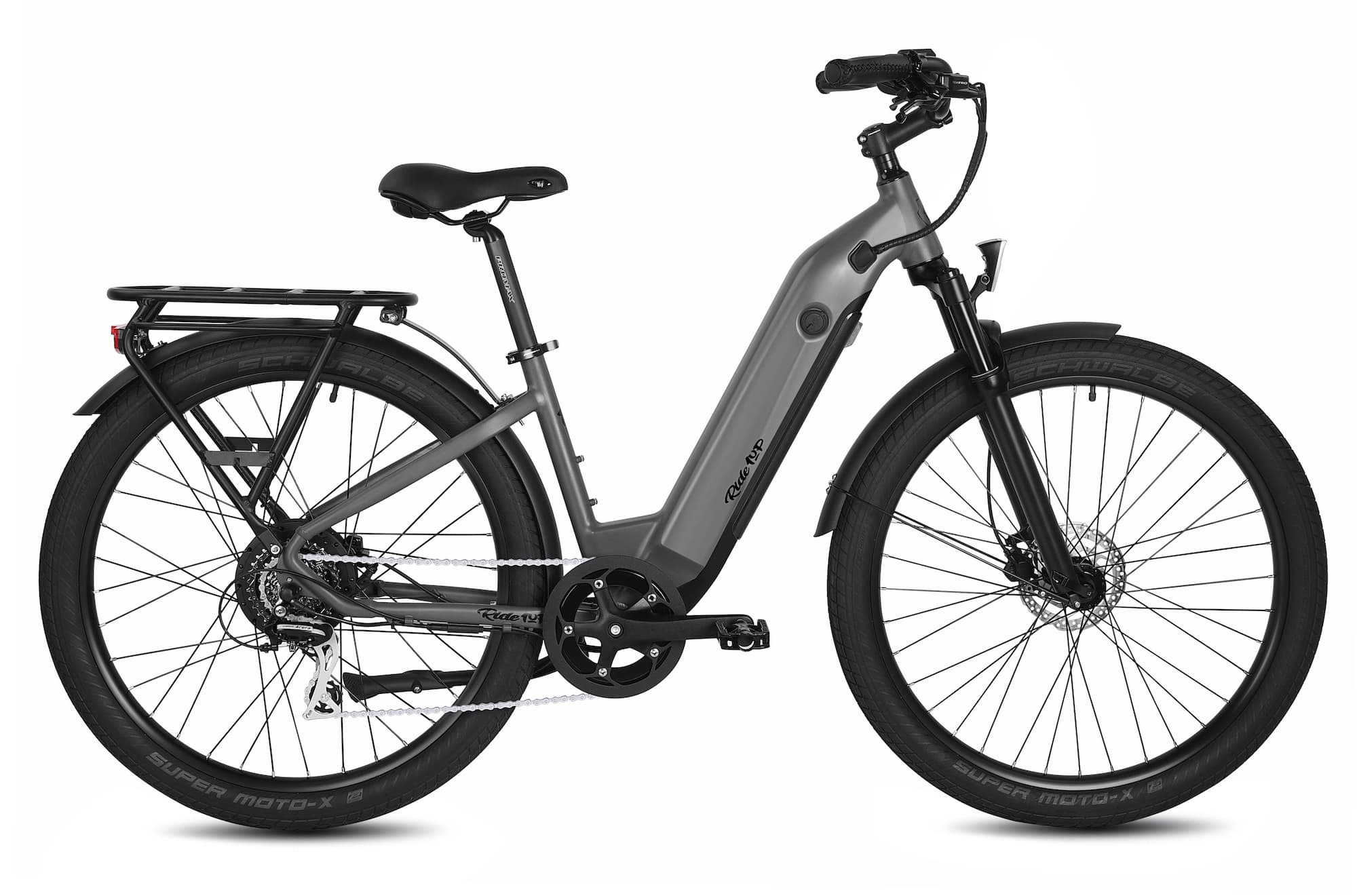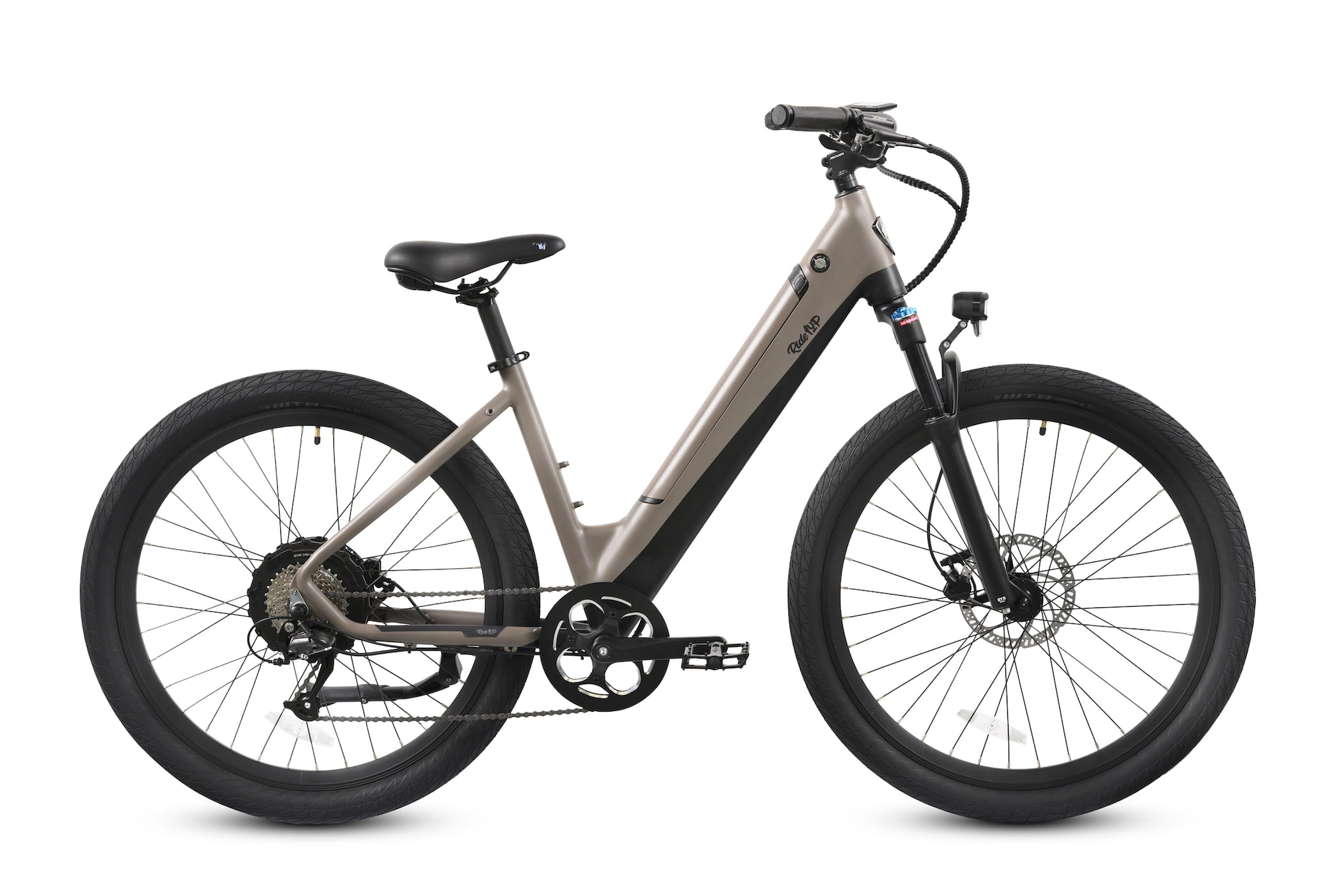How Heavy Are Electric Bikes?
March 8, 2023
The appeal of an electric bike is undoubtedly the increased footprint, but a mid-drive electric bike will typically weigh more than a standard bike, owing to the added electrical components. So, while there may be some sacrifices that must be made for an electric bike, the beauty is that this extra weight will usually be offset by the fact that you’ll be able to get increased performance from your e-bike without the feeling of carrying more weight when you’re riding.
What Factors Affect an Electric Bike’s Weight?
Tires
The tires on an electric bike have a significant influence on their weight. You might be looking for an electric bike that offers powerful assistance across difficult terrains, and therefore you may select a fat tire bike capable of providing this capability. These kinds of bikes will be weightier than a road or commuter style with a slimmer tire profile.
Choosing a design like this might also be more appealing to a rider for whom portability is not a deciding factor. On the other hand, if you’re looking to make more urban, road-oriented journeys and need to be able to freely move your bike from one place to another, smaller tires will decrease the overall weight of your electric bike.
Battery Weight
In addition to the tire size, another major factor affecting the weight of an electric bike is the battery type and capacity. Batteries can vary quite considerably in terms of their weight—some batteries are lightweight, while others can add significantly to the overall weight of an e-bike.
Generally speaking, higher-capacity batteries tend to be heavier since they contain more cells. As technology in the field of e-bikes continues to evolve, however, the size and weight of batteries continue to decrease.
Bike Style
After determining which e-bike is best for you or which is the best electric bike for exercise, you’ll come to a conclusion regarding the individual features you need for your bike. These features will play a part in determining the weight of your bike. If you’ve chosen fat tires to get across difficult terrain, they will weigh more than thinner wheels used for road biking.
The type of material used in the frame’s construction like steel, aluminum, or carbon fiber will also have weight implications, as will the overall size of the frame. Even less prominent components, such as the types of components and hardware can have an effect on a bike’s weight.
Accessories
It’s important to take into account the fact that if you are looking to accessorize your bike, some of these accessories will add weight. Panniers, fenders, locks, and kickstands will all carry some weight, both when riding and when being transported, so consider investing in lighter choices if you wish to keep the overall weight of your electric bike down.
In Conclusion
It’s important to keep in mind that even though lighter bikes may lack some versatility or range compared to heavier models, they usually make up for this by being easier to carry around or store when not in use. Conversely, bulkier bikes might make for more difficult transportation, but make up for it in their increased performance.
Riders should determine what kind of riding they plan to do most in order to find a model that best fits their needs and preferences, and if you ever feel overwhelmed, the Ride1Up experts are always on hand to guide you through the process of choosing your perfect electric bike!


